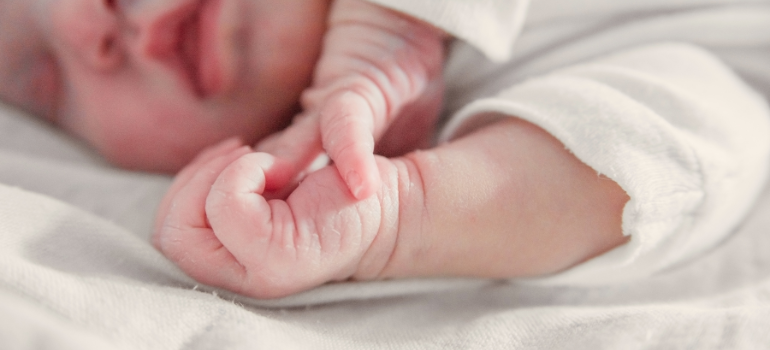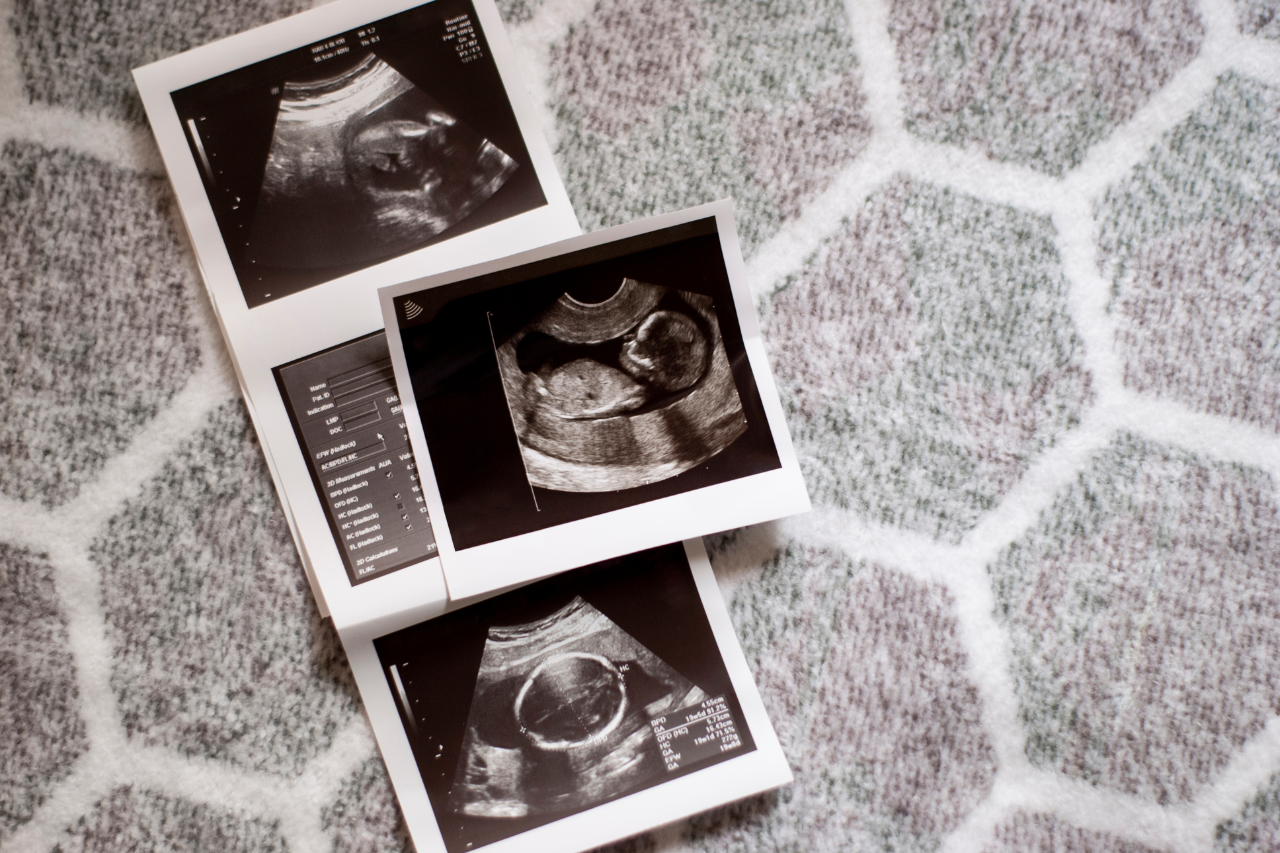
The relationship between thyroid and infertility
Fertility is not an easy task especially in recent years when lifestyle, stress and even the environment make the conception process difficult for both women and me. One of the main preventing factors is the thyroid which has been shown to have a strong relationship with infertility.
What is thyroid?
The thyroid gland is butterfly-shaped and located at the front of your neck, just below the Adam’s apple, and is responsible for producing hormones that regulate your body’s metabolism and affect the vital functions of the human body. This particular gland produces hormones (thyroxine T4, triiodothyronine T3, and calcitonin) that regulate metabolism and combustion, affect breathing, heart rate, body temperature, and reproductive function in both women and men. In fact, women seem to suffer more than men, with the thyroid estimated to affect one in eight women with a thyroid disorder in her lifetime.

Thyroid disorders
Hypothyroidism, i.e. the underproduction and hyperthyroidism, i.e. the overproduction of thyroid hormones, triiodothyronine (T3) and thyroxine (T4) are disorders of the thyroid that result in dysregulation of its function.
The two main thyroid conditions are:
- Hashimoto’s thyroiditis: The most common hypothyroid disorder and is an autoimmune condition diagnosed mostly in women.
- Graves’ disease: The most common cause of hyperthyroidism, which is another autoimmune condition.
What is hypothyroidism?
Hypothyroidism is often the result of an autoimmune disease, Hashimoto’s disease, in which antibodies cause thyroid tissue to be destroyed and this in turn causes hormone production to stop and is the most common endocrinological condition worldwide.
What causes hypothyroidism?
Hypothyroidism develops for a number of reasons. The most common reason in developed countries is the autoimmune disease known as Hashimoto’s, in which the body’s own immune system attacks and destroys the thyroid, making it unable to produce enough hormones. The reason is different in developing countries since it concerns the lack of iodine in certain drugs such as lithium or, more rarely, amiodarone. However, there are other causes of hypothyroidism such as radiation therapy to the neck area, the use of thyrostatic drugs to treat hyperthyroidism, certain drugs such as lithium or, less commonly, amiodarone and surgical total removal of the thyroid due to suspicious nodules.

What role does the thyroid play in fertility?
Thyroid hormones, thyroxine T4, and triiodothyronine, T3 are necessary for:
- The proper functioning of the menstrual cycle
- Normal ovulation
- The function of the corpus luteum, the pre-implantation stage of the embryo)
- The functioning of the placenta and the production of trophoblasts affected by implantation
How can hypothyroidism affect female fertility?
The deficiency of the mentioned thyroid hormones, T4 and T3, negatively affects fertility, but also the achievement of pregnancy in many ways:
- Affects the frequency of periods and ovulation
- Creates an increase in prolactin
- Affects the secretion of gonadotropins from the pituitary gland
- Plays a role in adequate progesterone production and affects estrogen metabolism
- Causes a disturbance in the frequency of the period, either by reducing the frequency of ovulation, or by affecting the implantation of the embryo
- Affects the quality of eggs obtained with assisted reproduction and may reduce the chance of IVF success
How hypothyroidism affects male fertility.
Hypothyroidism, Hashimoto’s thyroiditis, also negatively affects male fertility, creating yet another obstacle to a man’s desire to become a father. Let’s see what it can cause:
- Leads to erectile dysfunction with an impact on the normal sperm morphology
- May cause testicular dysfunction
- reduces sperm quality
- May cause lower testosterone production
- Leads to a decrease in sperm volume and motility
- Reduces libido
- Makes it difficult to maintain an erection
- Leads to low sperm count

How is hypothyroidism diagnosed?
To diagnose it, a test to measure thyroid-stimulating hormone (TSH) levels in the blood must be done. If levels are high, the test is repeated along with the T-4 thyroid hormone test. The diagnosis is hypothyroidism if case results show that TSH is high and T-4 is low. When, according to the tests, there is confirmed hypothyroidism and the antibodies are positive, then the cause of the hypothyroidism is considered to be Hashimoto’s disease. Tests also include a thyroid ultrasound to look for nodules.
Hypothyroidism & treatment
In hypothyroidism, the main treatment option is pharmaceutical preparations whose main purpose is to provide the body with the hormones it can no longer produce, such as levothyroxine. Patients take daily hormone replacement tablets, levothyroxine, replacing the thyroxine hormone the thyroid cannot produce enough. The regular blood tests are necessary until the correct dose of levothyroxine is reached. There are also other treatment options such as:
- Antithyroid drugs that prevent the thyroid from producing hormones.
- Radioactive iodine treatment that destroys thyroid cells in a controlled way so that they do not produce high levels of thyroid hormones.
- Medicines, B-blockers, involved in managing symptoms such as palpitations and tremors.
- A more permanent form of treatment, thyroidectomy involves surgically removing the thyroid gland by blocking hormone production.
How can the thyroid be balanced?
In addition to appropriate medication, patients with hypothyroidism can deal with the symptoms with their own actions that will support the restoration of the body’s normal function, such as:
- The maintenance of vitamin D levels which helps in the necessary smooth functioning of the thyroid.
- Normal weight and its maintenance with low insulin levels, associated with improved thyroid function.
- The intake of micronutrients such as iodine, selenium, iron and magnesium which are vital for the smooth functioning of the thyroid.
- The detection and management of metabolic stress.
- Exercise, which lowers adrenaline levels, breaks insulin resistance and helps control body weight.
- Drinking plenty of water is essential, as dehydration can also reduce metabolic function by 40%.
Early diagnosis and proper treatment may be the only problem that keeps you from your dream and help you avoid painful tests that may not be needed. This is why thyroid screening is vital for you who want to have a child, in order to increase your chances of conceiving and having a problem-free pregnancy, while contributing to the good health of your baby.



